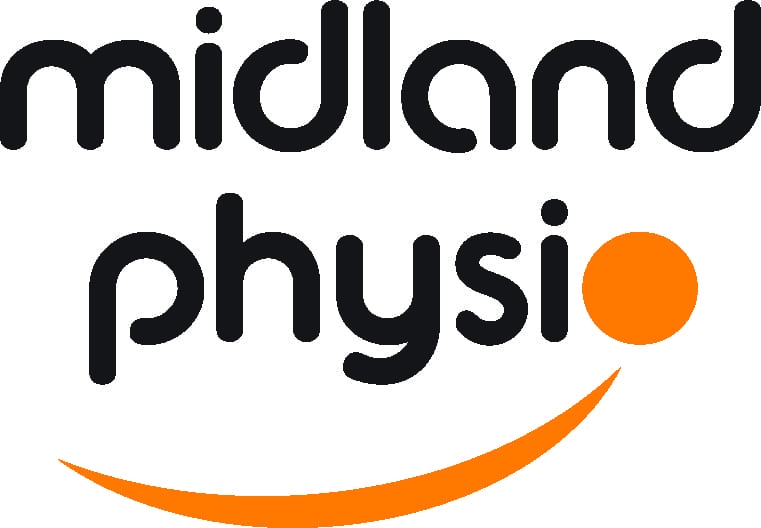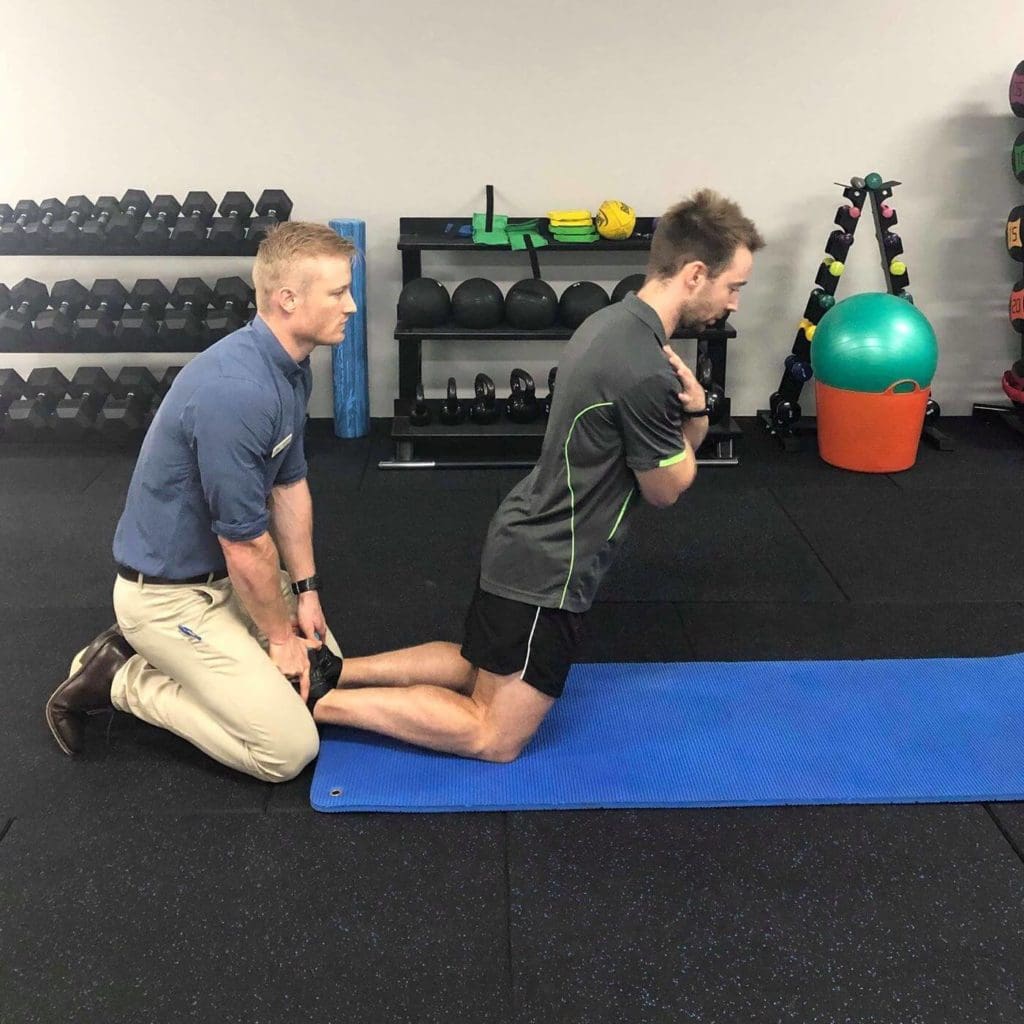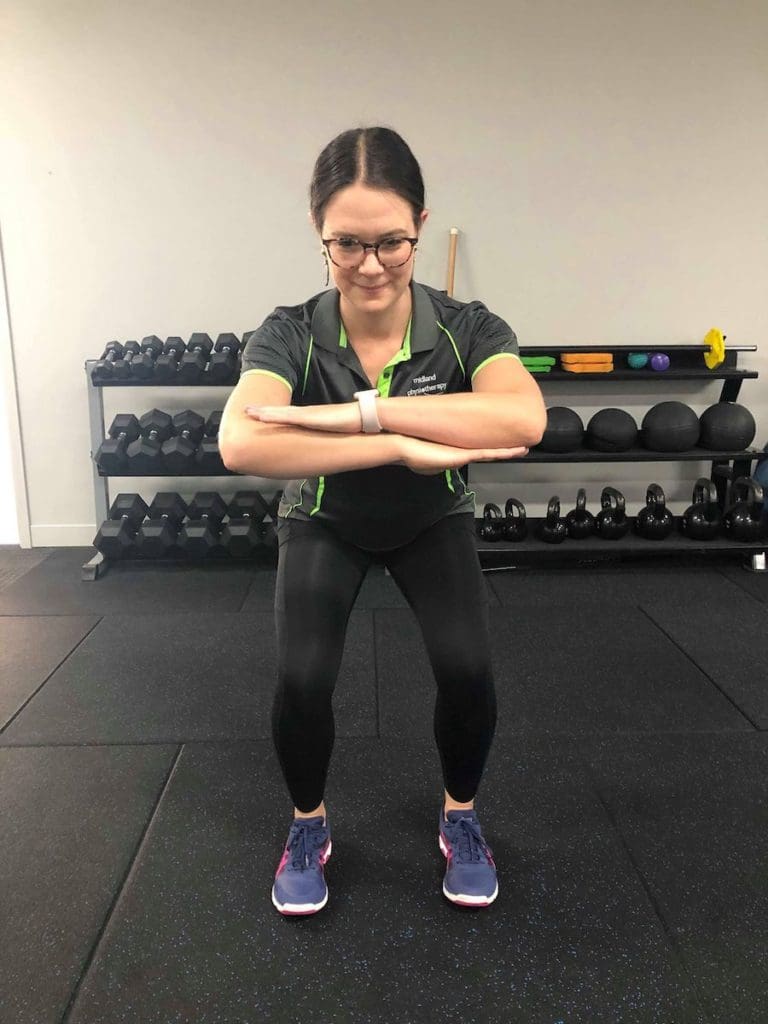
When was the last time you had a good sleep?
On average, humans spend an entire third of our lives sleeping. Just consider that for a moment. ONE ENTIRE THIRD OF YOUR LIFE. According to the Australian Institute of Health and Welfare, the average life expectancy (or mortality) of an Australian born in 2020 is 84.6 years as a female and 80.5 years as a male. For those of you who reached for a calculator, let me save you the trouble; that means 25.4 years and 24.2 years of sleep for women and men, respectively. If that all seems a bit hard to contemplate, try imagining the concept over the course of a day.
Do you really know enough about this activity that should be occupying somewhere in the vicinity of 8 hours each day?
I’d suggest that if you’re honest, the answer is no – it certainly was for me. If you’re still struggling to conceptualise just how poorly we generally understand the role sleep plays in our lives, I will give you one final analogy. Imagine, for a moment, if we applied the same non-plussed nature to our income. Somehow I don’t believe that anyone would be thrilled with the notion of up to a third of their money being spent on things they know nothing about.
So, as any self-respecting health professional does, I investigated further. A colleague of mine had recommended a booked called ‘Why We Sleep’ by Dr Matthew Walker and shortly after, I downloaded the audiobook and began listening. What astonished me above all else was the seemingly endless links between sleep, or lack thereof, and a number of conditions that we commonly see and treat in the course of our profession.
Simply put, sleep can be divided into two different yet equally important parts; REM – Rapid Eye Movement and N-REM – Non Rapid Eye Movement sleep. Your body will move in and out of these two phases of sleep, quite without you knowing, all throughout the night. The physiology of sleep is genuinely fascinating. As the REM stage of sleep is commonly known as the ‘Dreaming State’, the muscular system enters a state of temporary paralysis to ensure that we do not injure ourselves when we dream. Mad right? Similarly, when we are attempting to fall asleep, our brainstem begins blocking sensory signals from the rest of our body to ensure we are able to begin sleeping. Or at least it does when everything is working as it should.
The World Health Organization (WHO) recommends between 7 and 9 hours per night for adults. I regularly ask my patients about their sleep and am met with various responses that range anywhere between 3 & 6 hours with hardly any patients self-reporting more than 7 hours a night. As you will discover as you continue, this is having more of an impact on your wellbeing than just the bags under your eyes.
Ok, I hear you saying, what does this have to do with Physiotherapy?
Well, given the fact that we are concerned with the health and wellbeing of our patients and we now know that our physical complaints are inextricably linked to every other aspect of our lives, it makes sense that we should have at least a working knowledge of how they affect us. If I was to relay all of the information I have learned recently about sleep, I would be compiling the next 12 months of WA Physio Group blogs.
To avoid this predicament, I have summarised two ways in which our health can be impacted by our sleep (or lack thereof).
The first is weight.
That dreaded word, I know. It can be the elephant in the room and something that can be hard to talk about and even harder to address. What you probably don’t know is the instantaneous affect that a lack of sleep has on your appetite. Our appetite is controlled by two opposing hormones; Leptin – from the Greek Leptés, meaning thin & Ghrelin – ‘to grow’. Leptin provides you with a feeling of satiation and Ghrelin makes you feel hungry. The most interesting thing about these two hormones isn’t their derivation but rather how susceptible they are to changes in your sleep. It has been shown that individuals sleeping less than 5 hours per night had both a decrease in Leptin and an increase in Ghrelin, when compared to the group who slept 8.5hours per night. Before you all jump in, both groups were given the same amount of food and exercise.
Furthermore, a study of healthy adults demonstrated that those who were actively restricted to 4 hours of sleep a night for 6 nights were 40% less effective at absorbing a standardised dose of glucose, when compared to those having 8 hours a night over the same period. They would be classified as pre-diabetic by a General Practitioner. Why is this important? An inability to absorb glucose into the cells of the body over a long period of time can lead to insulin resistance and eventually the development of Type-2 Diabetes Mellitus. In addition, long-term exposure to heightened levels of blood sugar (hyperglycaemia) can lead to nerve damage to the eyes and peripheral nervous system.
Nestled at the core of our belief system as Physiotherapists is the eloquent mantra that ‘Movement is Medicine’ and, at the heart of any human movement is the cardiovascular system. How can we possibly be effective in our exercise prescription if the fundamental building blocks of that system aren’t functioning as they should?
The sympathetic nervous system, if activated for prolonged periods of time as observed during a state of sleep deprivation, can have a hugely detrimental effect on the structures of the body. With particular relevance to Physiotherapy is the resulting release of the stress hormone called Cortisol. We know that Cortisol, when present for extended periods of time or in excessive quantity, can decrease our soft tissue tolerance to load. This means we are more likely to develop pain, muscular tightness or even suffer spasm with an activity that would otherwise not trouble us. This is just one example of how our pain system can become hyper-sensitive.
Here’s the really, really cool thing. Can you think of a way that we could change a large number of people’s sleep overnight? Unless you live in WA or Queensland, the bi-annual altering of the humble clock to accommodate daylight savings provides researchers with a convenient way to monitor a lack of sleep on the general population. Whilst this is no systematic review, studies have shown a significant increase in cardiovascular events, such as heart attack, the day following an hour of sleep reduction. Coincidence I hear you say.
Fortunately not. A corresponding decrease in these events is also observed when the clocks are wound back months later. I do always remember feeling better when the clocks went back, now I have a scientific basis for why teenagers need more sleep! From a more empirical standpoint, a longitudinal study demonstrated that adults aged 45 years or older who slept less than 6 hours per night were 200% more likely to suffer a heart attack or stroke and, after controlling for other variables, further research revealed a 400-500% increased risk of one or more cardiac arrests over a 14-year period.

Did you know that humans are the only species to deprive themselves of sleep without obvious benefit?
Of course you did, it’s just that no-one has ever said it to you like that before. It’s one of those things that you know instinctively but have never surmised in that way. The reason for this is simple; the invention of artificial light. The fact that humans are predominantly visual creatures (one-third of our brain is dedicated to vision) means that the release of melatonin from the pineal gland is naturally predicated on the setting of the sun. Artificial light has meant that we have altered our sleep cycles and shifted the release of our natural sleep hormone back up to three hours in some cases. As many of you well know, the invention of LEDs has even more of a detrimental effect on our sleep cycle than older, incandescent light sources. This is why good sleep hygiene (see link below) suggests no ‘Blue Light’ for up to an hour before trying to get to sleep.
Why am I so passionate about sleep? Well, if every health professional just focused on their limited sphere of influence, our effectiveness as an industry would be greatly diminished.
I once had a colleague tell me very early in my career that he believed if we all ‘ate well, exercised well and slept well’ we wouldn’t have much to worry about. As much as it pains me to say, I couldn’t agree more.




